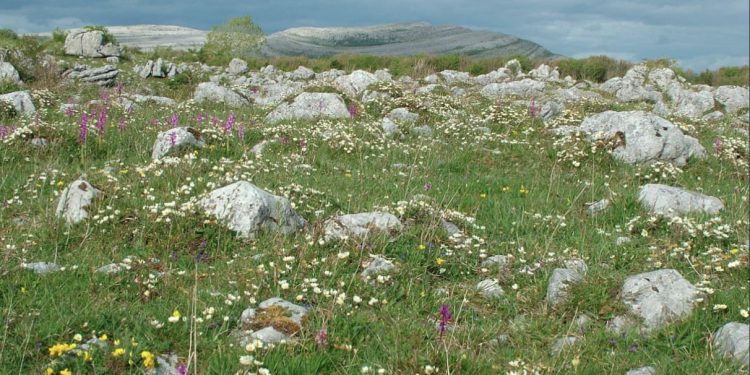Brendan Dunford established a pioneering scheme, funded by the EU’s environment directorate, that pays farmers for nature-filled fields and clean waterways, according to a feature in The Guardian.
He took inspiration from results-based agri-environment schemes that had been trialled in Canada and the UK in the 1980s. Farmers would be paid if their practices resulted in positive environmental outcomes.
Dunford radically rethought what it means to be a farmer. He says, “What defined farmers was how much food they can produce. The biggest challenge was to get them to take on a new role – to convince them they have a broader destiny than just food. And for that, they needed to be supported and paid to do it.”
He’s been at the vanguard of the once radical idea of “public money for public goods”. Instead of giving farmers money for the amount of land they own, or the quantity of food they produce, they are rewarded for producing healthy, diverse fields.
It’s an approach that acknowledges what farmers know, but large-scale agricultural policies ignore: every field is different. Their lands are scored on a scale of zero to 10; healthier, nature-filled fields score higher and attract larger payments.
As a young ecologist, he’d researched his PhD on farming in 1999 in the Burren, County Clare, Ireland, which has been reinvigorated.























